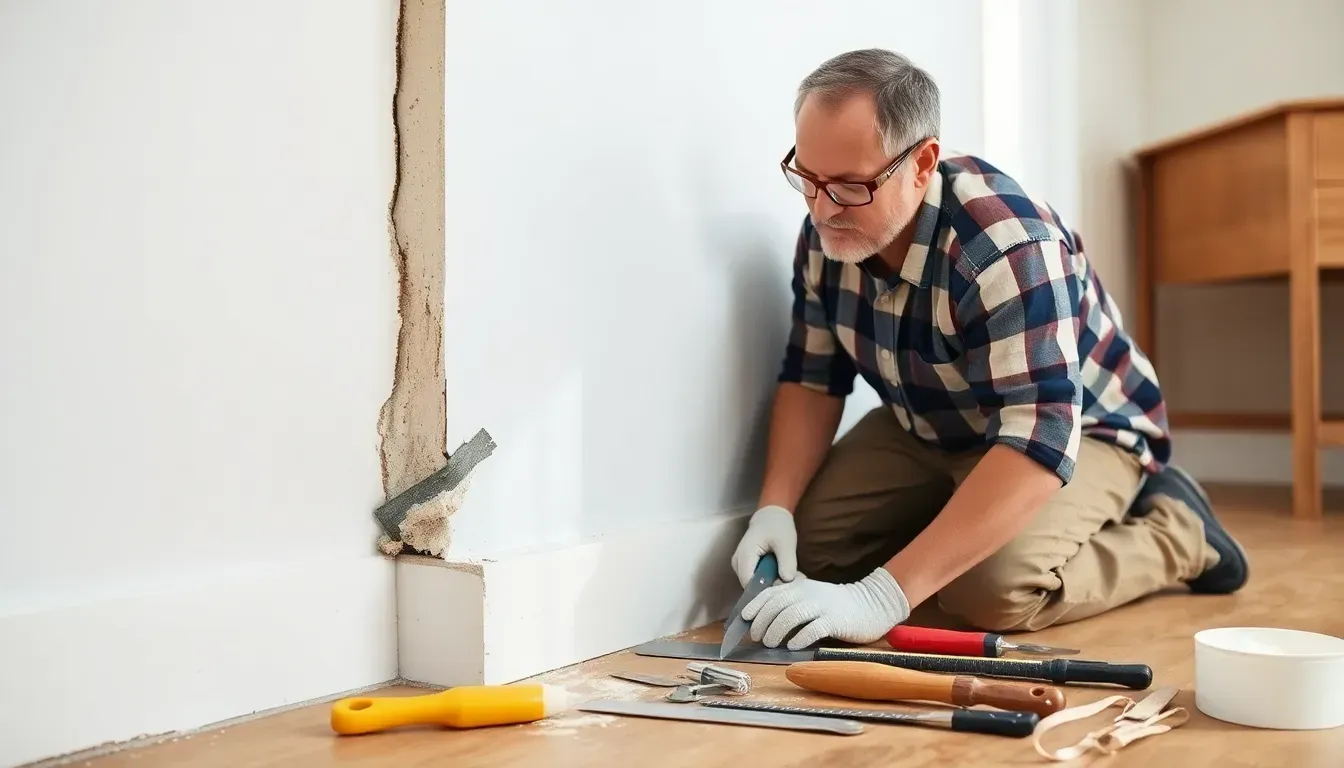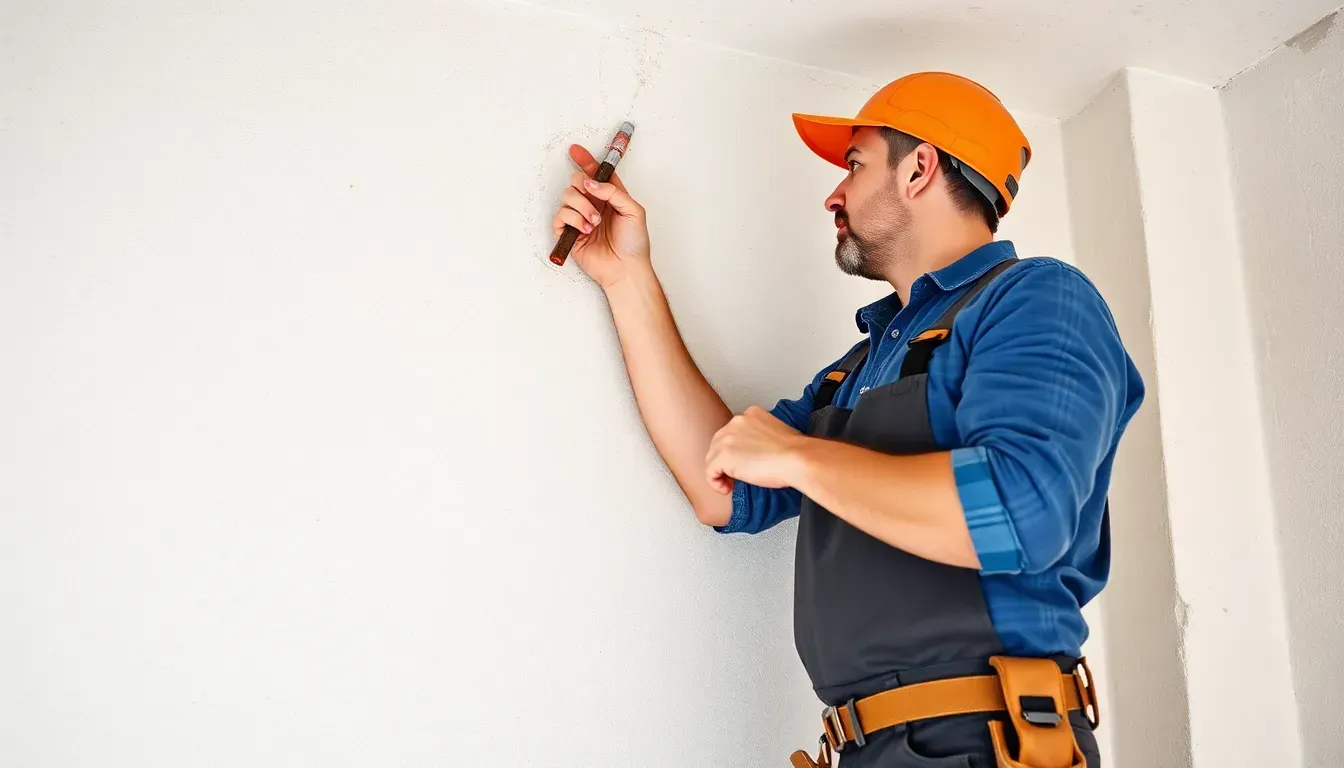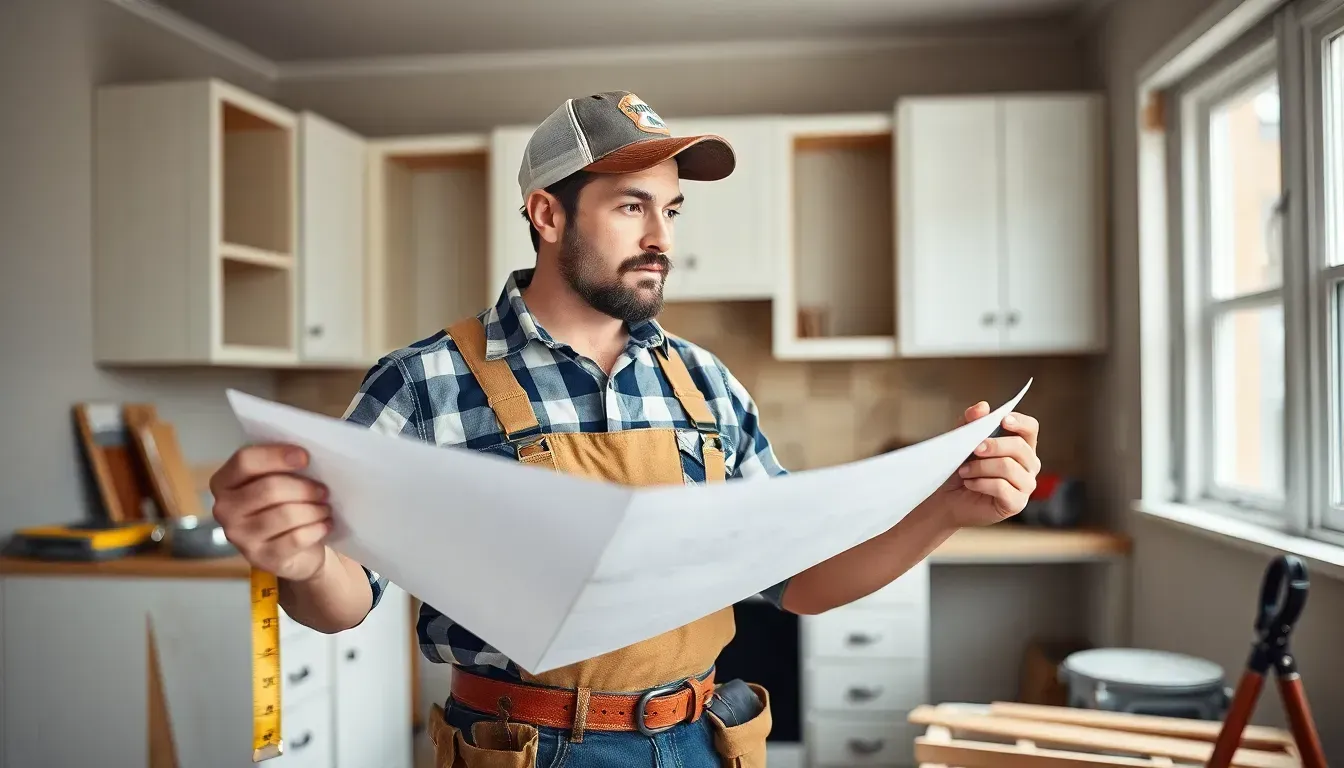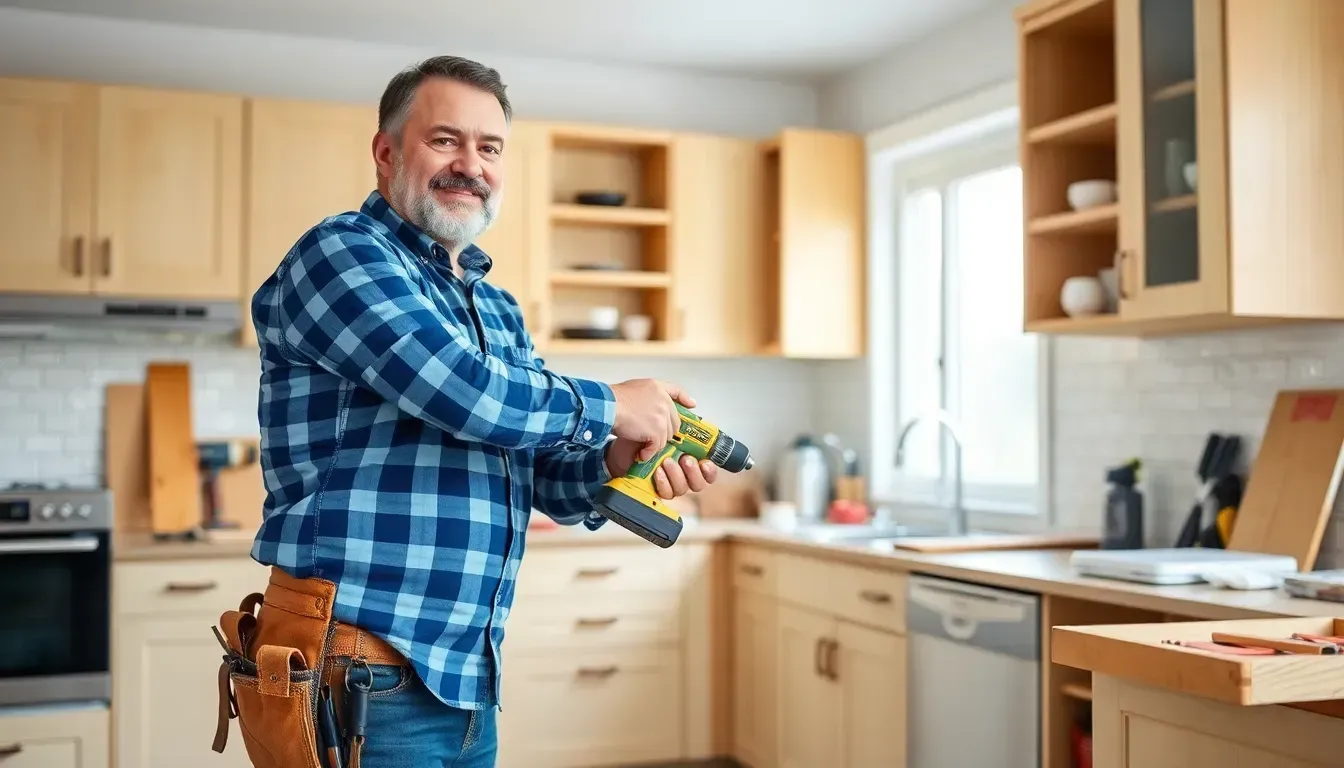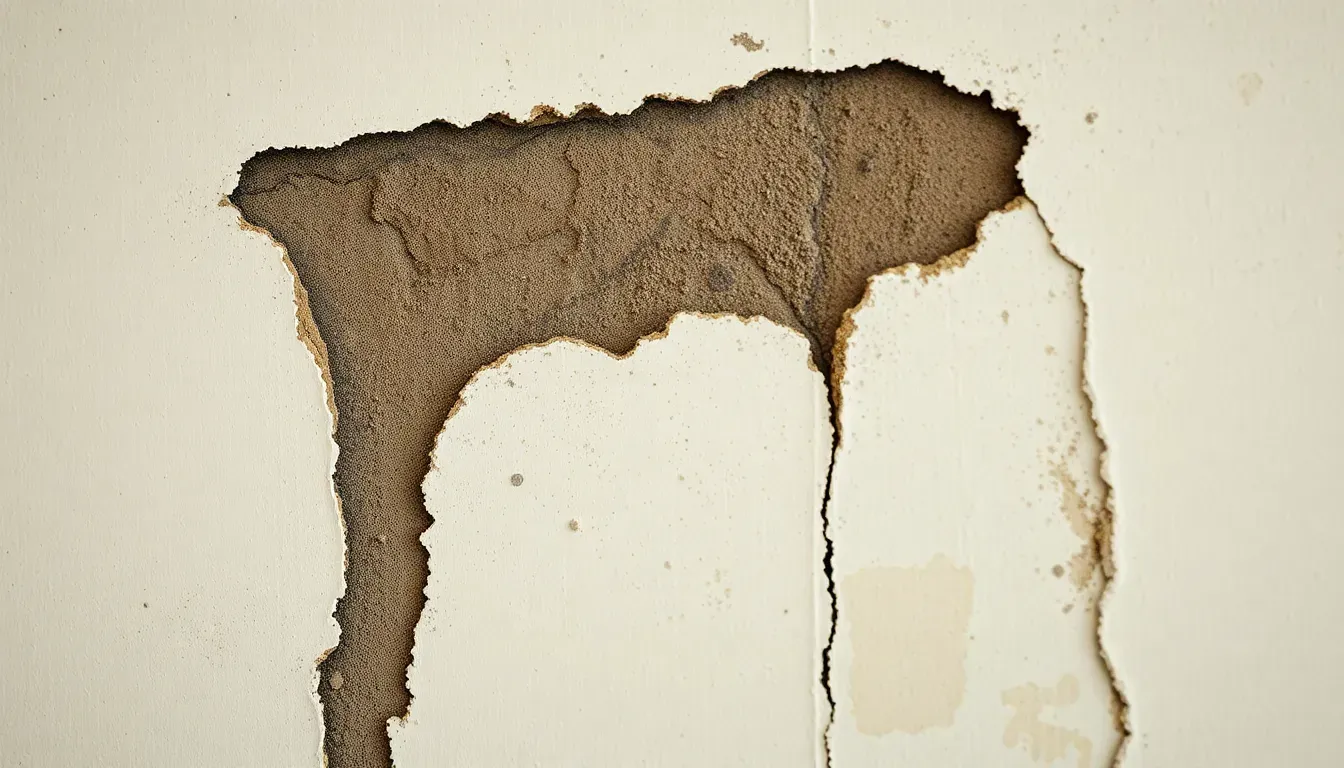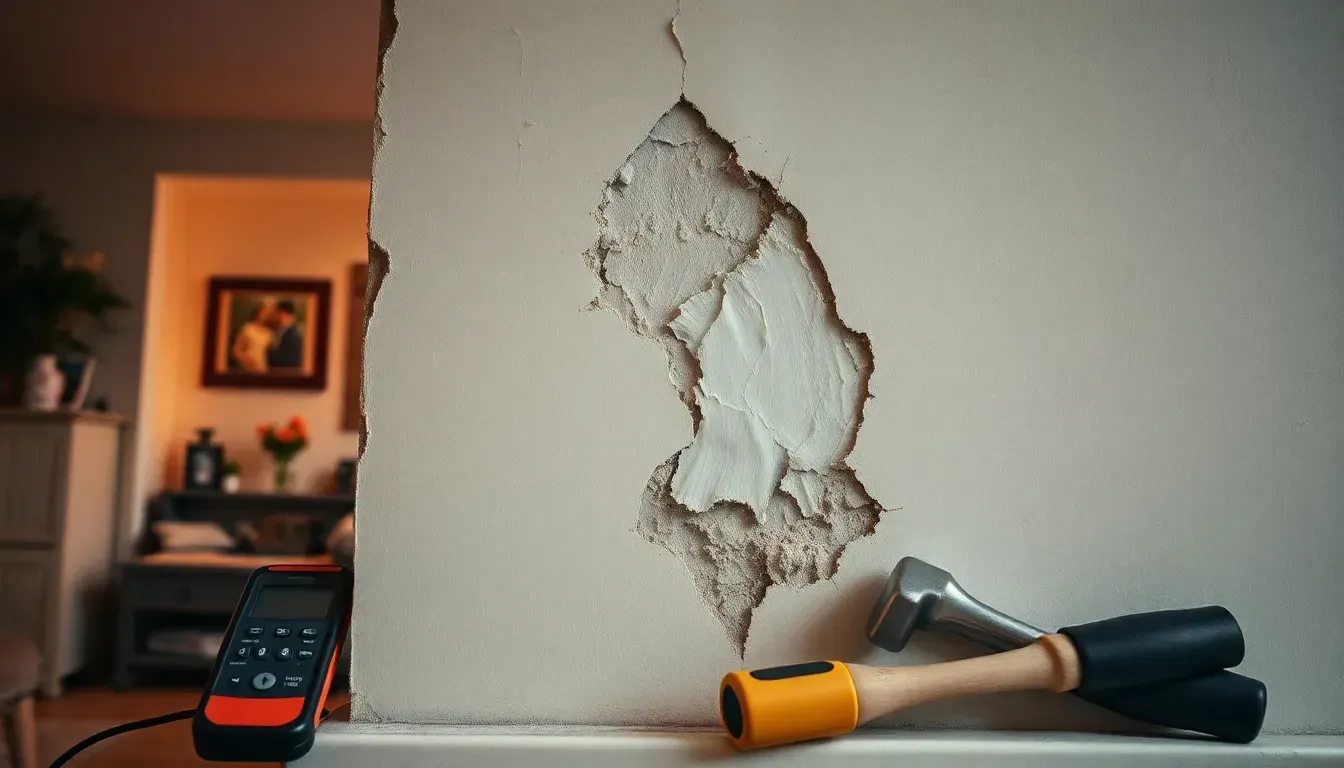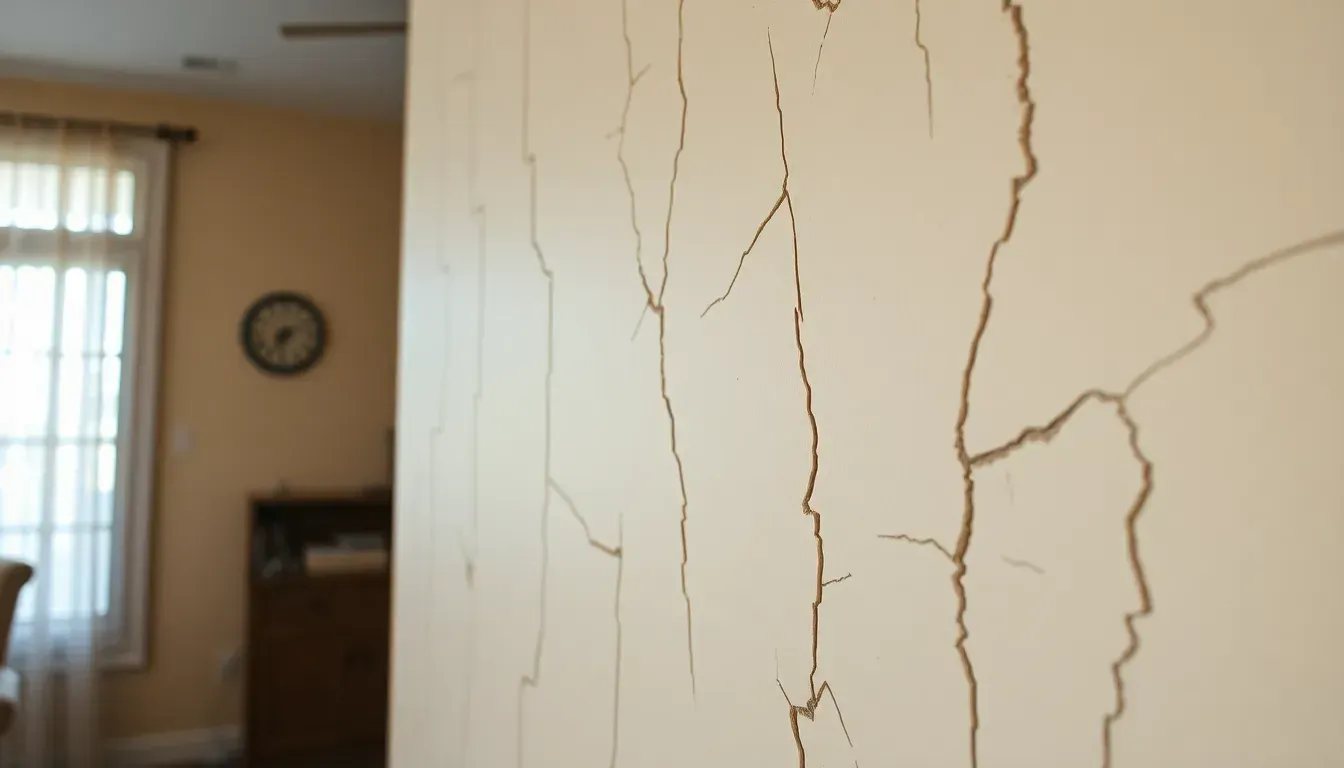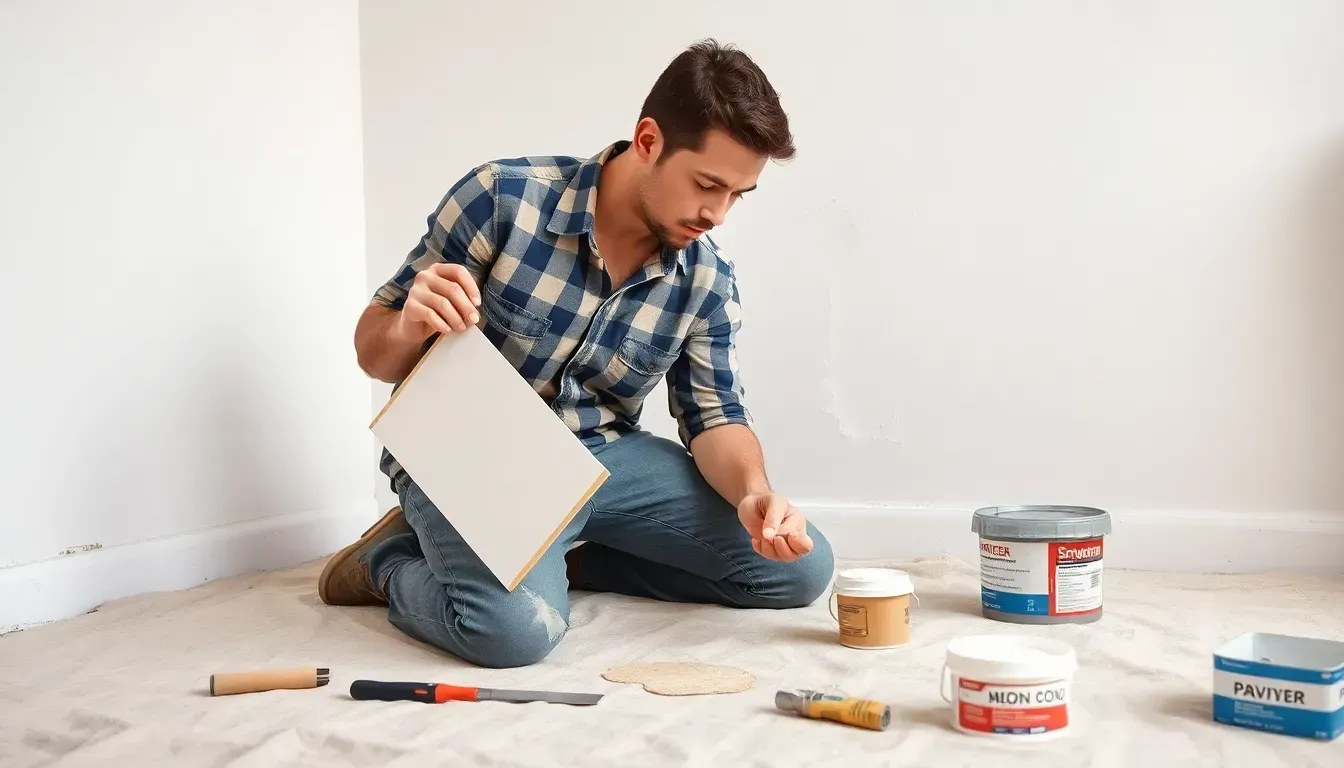Houston Home Inspections: Cost Guide for Buyers
Houston home inspection cost is a question that often hovers over homeowners and potential buyers in the Greater Houston area. If you want a quick takeaway: the cost varies depending on the type and scope of the inspection, with specialized inspections often costing more than general ones.
- General Inspection: $300 - $400
- Specialized Inspections:
- Foundation Inspection: $300 to $1,000
- Roof Inspection: $150 to $350
- Electrical Inspection: $100 to $400
In real estate, a thorough home inspection is crucial. It serves as an objective evaluation of a property's state, assessing safety, structural integrity, and mechanical systems. Such inspections help identify potential issues before they create larger problems, functioning as a protective measure. For homebuyers, this knowledge can influence price negotiations and ensure fair deals.
In Greater Houston, where the real estate market is vibrant and varied, understanding inspection costs is vital. Pricing can be influenced by several factors: the type of inspection, property size, and location. Understanding these can help homeowners and buyers make well-informed decisions about property maintenance and investments.
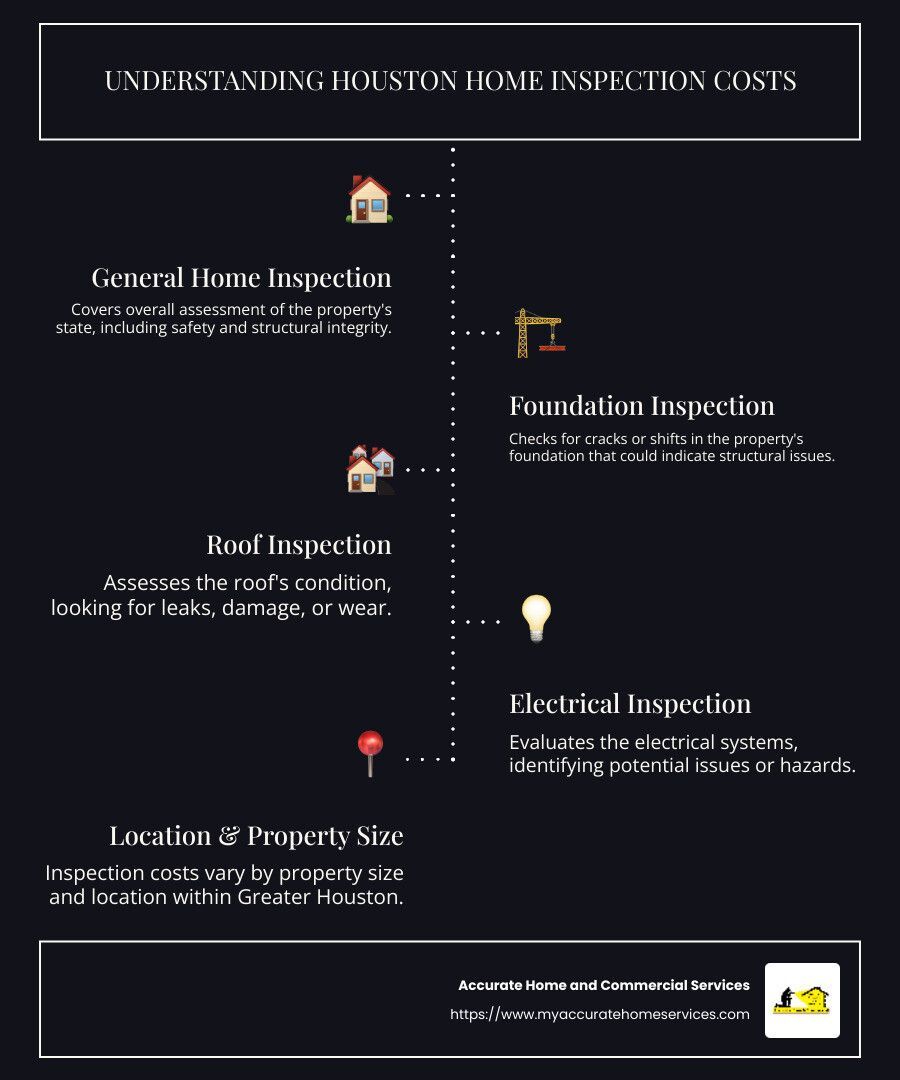
Understanding Houston Home Inspection Costs
When it comes to Houston home inspection cost, the amount you pay can vary widely. Let's break it down into general and specialized inspection costs to give you a clearer picture.
General Home Inspection Costs
A general home inspection typically covers the basics: the structure, roof, plumbing, electrical systems, and HVAC. In Houston, these inspections generally range from $300 to $400. The cost mainly depends on the square footage and property size. Larger homes require more time and effort, which can drive up the price.
Location is another factor. In some parts of Houston, inspectors might charge more due to higher demand or travel distances. For example, a home in a densely populated area like The Woodlands might have different pricing than one in a more rural area like Splendora.
Specialized Home Inspection Costs
Specialized inspections focus on specific areas of a property. These are crucial for identifying issues that a general inspection might miss. Here's a breakdown of some specialized inspection costs in Houston:
- Foundation Inspection: Ranges from $300 to $1,000. Essential for spotting cracks or shifts in the foundation that can lead to serious structural problems.
- Roof Inspection: Costs between $150 and $350. This checks for leaks, mold, and wear from weather conditions.
- Septic Tank Inspection: Expect to pay $200 to $900. It covers the septic tank, leach field, and distribution box.
- Electrical Inspection: Priced at $100 to $400. It identifies faulty wiring and overloaded circuits.
- Plumbing Inspection: Costs $200 to $300. This inspection looks for leaks and corrosion in water pipelines.
- HVAC Inspection: Also between $200 and $300. It ensures your heating and cooling systems are in good working order.
- Asbestos Inspection: Costs $231 to $778. Important for older homes where asbestos might be present.
- Radon Inspection: Priced at $400 to $419. It checks radon levels, which can be a health hazard.
- Lead-Based Paint Inspection: Costs $550 to $650. Vital for homes built before 1978.
- Termite Inspection: Ranges from $75 to $375. It checks for signs of termite infestation.
- Mold Inspection: Costs $600 to $700. Mold can cause health issues, so this is crucial.
- Chimney Inspection: Priced at $450 to $550. It ensures your chimney is safe to use.
- 4-Point Inspection: Costs $85 to $125. It covers HVAC, roofing, plumbing, and electrical systems, usually for insurance purposes.
- Garage Inspection: Ranges from $200 to $600. Checks walls, doors, and fire safety.
- Exterior Walls Inspection: Costs $200 to $800. Looks for cracks and water damage.
- Kitchen Inspection: Priced at $200 to $400. Covers appliances and safety checks.
- Soil Inspection: Costs $700 to $2,000. Identifies toxins or chemicals in the soil.
Understanding these costs can help you budget for a home inspection in Houston. It's an investment in peace of mind, ensuring your property is safe and sound.
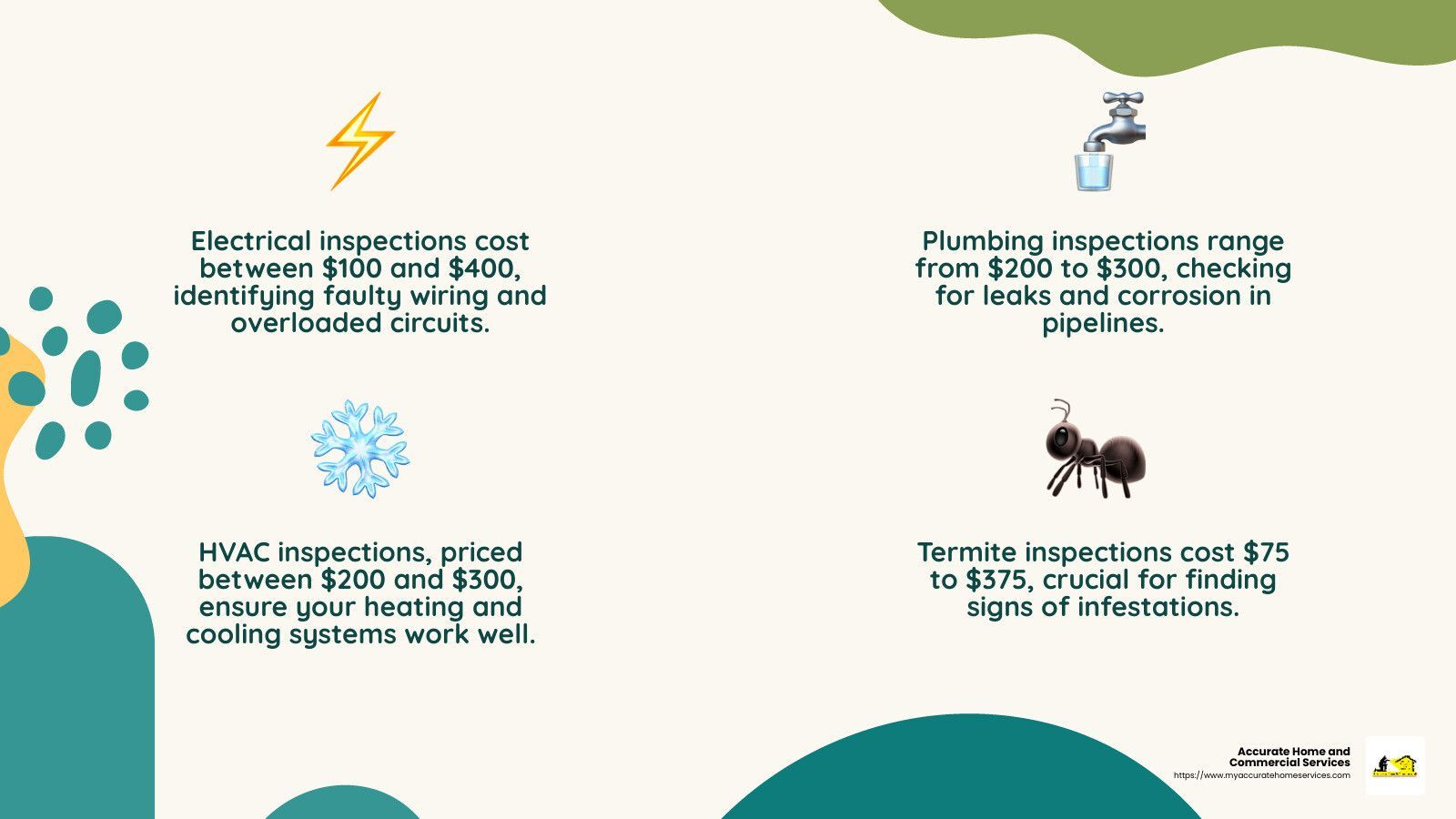
Factors Influencing Home Inspection Costs
When you're considering a home inspection in Houston, several factors can impact the overall cost. Let's explore the three main elements that play a significant role in determining the Houston home inspection cost.
Type of Inspection
The type of inspection is a major factor. A general home inspection covers the basics like structure, plumbing, and electrical systems, typically costing between $300 to $400. However, specialized inspections focus on specific areas, such as:
- Foundation Inspections: These range from $300 to $1,000 and are crucial for spotting structural issues.
- Roof Inspections: Costing between $150 and $350, they check for leaks and weather damage.
- Septic Tank Inspections: They range from $200 to $900 and ensure the septic system functions properly.
The more specialized the inspection, the higher the cost due to the expertise and equipment required.
Square Footage
The size of the property is another key factor. Larger homes require more time to inspect, which can increase the price. A home over 6,000 square feet might necessitate a custom quote due to the extensive area that needs to be covered.
For instance, a larger property might mean more rooms to check for electrical issues or more roof area to inspect for leaks. This additional workload contributes to a higher inspection fee.
Location
Location within Houston also influences cost. Inspectors might charge more in areas with higher demand or where travel distances are greater. For example, inspections in The Woodlands might be priced differently than those in more rural areas like Splendora.
Location can also impact the complexity of the inspection. Homes in flood-prone areas might require more detailed inspections for water damage, affecting the overall cost.
Understanding these factors can help you better anticipate the costs associated with a home inspection in Houston. By knowing what influences the price, you can make informed decisions and budget more effectively for this essential service.
Who Pays for Home Inspection in Houston?
In Houston, the responsibility for paying for a home inspection typically lies with the buyer. This is a standard practice, as buyers are often the ones seeking assurance about the property's condition before finalizing a purchase. However, there are situations where sellers might opt to cover the inspection costs.
Buyer Responsibility
Buyers usually pay for the home inspection to gain a clear understanding of the property's condition. This helps them identify any potential issues that might require repairs or influence negotiations. The cost of a general home inspection in Houston ranges from $375 to $475, as reported by Fixr. This investment is crucial for buyers to avoid unexpected repair costs after the purchase.
Seller Option
Sellers sometimes choose to pay for a home inspection before listing their property. This proactive approach allows sellers to address any issues upfront, potentially increasing the property's appeal and market value. By resolving problems early, sellers can present a well-maintained home to potential buyers, which might lead to smoother negotiations and quicker sales.
Closing Costs
While the inspection cost is usually a buyer's responsibility, there are scenarios where it might be included in the closing costs. In some negotiations, buyers and sellers agree to split certain expenses, including inspection fees, as part of the overall transaction. This flexibility can help facilitate the deal, especially if the inspection reveals significant issues that require attention.
Understanding who pays for a home inspection in Houston can help both buyers and sellers prepare for the financial aspects of a real estate transaction. Whether it's the buyer seeking peace of mind or the seller aiming for a competitive edge, knowing the customary practices and options available can lead to better decision-making.
Frequently Asked Questions about Houston Home Inspection Cost
How much is a home inspection in Houston?
In Houston, home inspection costs can vary based on several factors, such as the size of the property and specific services needed. Generally, a standard home inspection ranges from $375 to $475. This cost covers a thorough examination of the home's main systems, including structural, electrical, plumbing, and HVAC. However, if you require specialized inspections, like for radon or asbestos, the costs can increase significantly.
Specialized inspections have their own price ranges. For instance, a foundation inspection can cost between $300 to $1,000, while a roof inspection typically falls between $150 to $350. These additional inspections are crucial if there are specific concerns about parts of the property.
How long does a home inspection take in Texas?
The duration of a home inspection in Texas usually spans 2 to 4 hours. This timeframe allows inspectors to thoroughly assess the property's various components. However, larger homes or those with complex systems might take longer. It's important to consider that the time required can also depend on the property's condition and accessibility of certain areas, like attics or crawl spaces.
A detailed inspection is vital as it helps uncover any potential issues that could affect the property's value or safety. Taking the time for a comprehensive inspection ensures that buyers are well-informed about their investment.
What should you expect during a home inspection?
During a home inspection, a licensed inspector will examine the property's major systems and structures. This includes the roof, foundation, plumbing, electrical systems, and HVAC. Inspectors look for signs of damage, wear, and potential safety hazards.
After the inspection, you'll receive a detailed report outlining any issues found. This report is a valuable tool for buyers, as it can be used to negotiate repairs or price adjustments with the seller. It's important to review the report carefully and discuss any concerns with your inspector or real estate agent.
Buyers should also be prepared to ask questions during the inspection process. Understanding the condition of the property and any necessary repairs can provide peace of mind and help make informed decisions during negotiations.
Conclusion
Choosing the right home inspection service is crucial when buying a property. Accurate Home and Commercial Services stands out in the Greater Houston area for its comprehensive and meticulous inspections. Their experienced team ensures that every aspect of your potential new home is thoroughly evaluated, from the foundation to the roof.
A thorough inspection is more than just a formality—it's a safeguard for your investment. It helps identify potential issues that could lead to costly repairs down the line. By addressing these concerns early, you can make informed decisions, negotiate better with sellers, and ultimately save money.
Customer satisfaction is at the heart of Accurate Home and Commercial Services. They provide detailed reports that are easy to understand, helping you feel confident in your home-buying journey. Their commitment to excellence and attention to detail ensures that you receive the best possible service.
For more information on how Accurate Home and Commercial Services can assist you with your home inspection needs, visit their home inspection page. With their expertise, you can trust that your future home is in safe hands.
